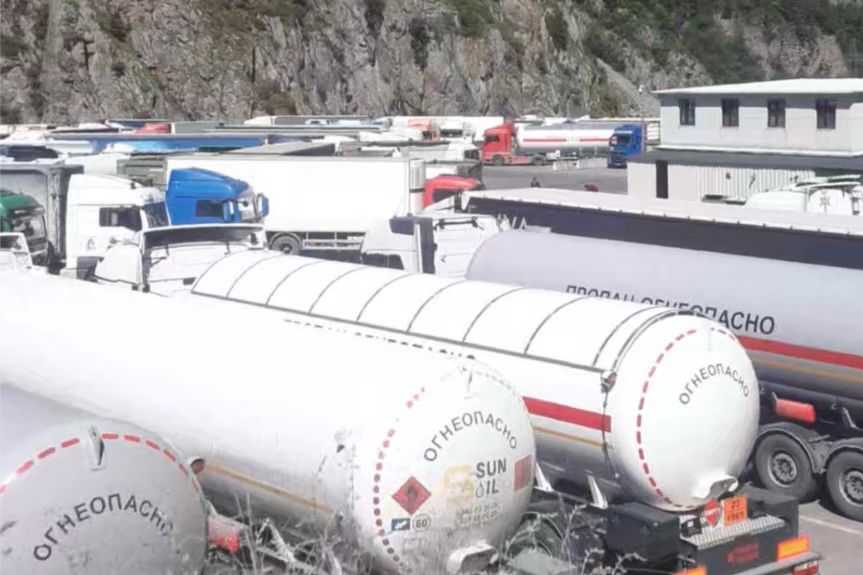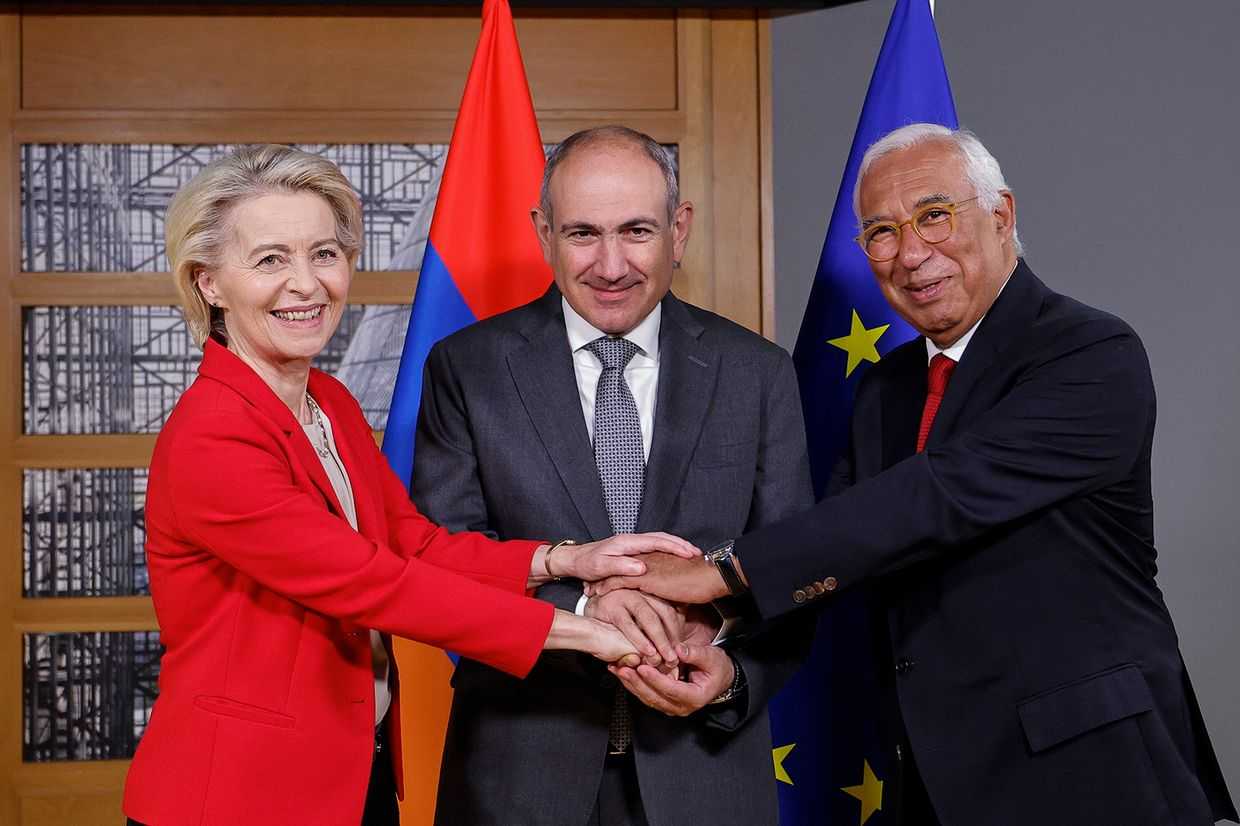
US President Joe Biden has recognised the mass murder of 1.5 million Armenians in the Ottoman Empire during the First World War as a genocide.
‘Each year on this day, we remember the lives of all those who died in the Ottoman-era Armenian genocide and recommit ourselves to preventing such an atrocity from ever again occurring’, the White House statement reads. ‘We remember so that we remain ever-vigilant against the corrosive influence of hate in all its forms.’
Several hours before, the official Twitter account of the Turkish Foreign Ministry tweeted in apparent anticipation of the announcement. ‘Lies do not only distort history, they also claim innocent lives’, the tweet reads. ‘We have not forgotten and will never forget our colleagues martyred by Armenian terror!’.
On Friday, Biden reportedly spoke with Turkish President Recep Tayyip Erdogan and informed him of his intentions to recognise the Armenian Genocide. Turkey has, as a matter of state policy, opposed global efforts to recognise the genocide, in particular by the US, a NATO-ally — stating that it would damage relations between the two countries.
There is a near consensus among historians outside of Turkey that the 1915 mass killing and deportations of Armenians along with other Ottoman Christian minorities constitute a genocide.
As of 2020, governments and parliaments of 32 countries, including Germany, France, Italy, Canada, Russia, and Brazil have formally recognized the Armenian Genocide.
Biden had previously indicated that he would recognise the Genocide one year ago. ‘I stand […] with all Armenians and the Armenian-American community, which has contributed so much to our nation, in remembering and honouring the victims of the Armenian Genocide’, a 24 April, 2020, a statement by his campaign reads.
Previously, not a single US president has used the word ‘genocide’ when referring to the 1915 killings. President Barack Obama had called the killings a ‘genocide’ before assuming office, but backed away from using the term while in office, instead using the Armenian term ‘Metz Yeghern’ (Great Crime).
American-Armenian political analyst Richard Giragosian told OC Media that genocide recognition is in part a move to regain some of the moral standing of the United States, that was lost under Donald Trump. ‘This is part of a bigger strategy to correct the policy mistakes of the past and the Trump administration’, he said.
Giragosian said he believes the reversal of genocide recognition to be precedent-setting. ‘Once Biden recognises it’, he said. ‘From this point on it’s very difficult for any future president to fail to recognise the genocide.’
Risk to ‘harm ties’ with Turkey
Biden’s previous statements on his willingness to push forward with recognition have been met with jubilation — and skepticism — by the citizens of Armenia and the global Armenian diaspora.
Turkey, meanwhile, has condemned the move towards Genocide recognition. ‘If the United States wants to worsen ties, the decision is theirs’, Turkey’s Foreign Minister Mevlut Cavusoglu said on 20 April, calling recognition an ‘affront to international law’.
According to Giragosian, the relationship between the US and Turkey, which is currently strained over the Turkish purchase of Russian-made weaponry and recent crackdowns on domestic opposition and civil society, will not be significantly impacted by Genocide recognition. ‘The United States is calling the bluff of the threat from Turkey over genocide recognition’, Giragosian said.
He added, that the goal of the Biden administration is not to ‘punish’ Turkey, but to reset the relationship with it under new terms while showing to the world that ‘geopolitics is no longer an excuse for genocide denial’.
Armenia and Turkey
The recognition of the Armenian Genocide has been one of the top priorities for Armenia since the country gained independence in 1991, and alongside the Nagorno-Karabakh conflict, it has been one of the main stumbling blocks in the relationship with Turkey.
The Middle East Eye, a London-based outlet covering the Middle East quotes an unnamed ‘senior Turkish official’ warning that American recognition of the Armenian Genocide could ‘derail the possible reconciliation with Armenia’ and ‘sabotage the entire [peace] process in the Caucasus’.
The Turkish government, which backed Azerbaijan with both diplomatic and military support in the recent war between Armenia and Azerbaijan over Nagorno-Karabakh, has been vocal in recent weeks about the possibility of opening the closed Turkey-Armenia border — but only if Armenia takes undefined ‘positive steps’.






